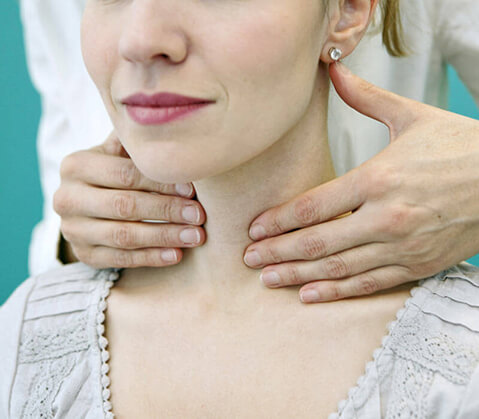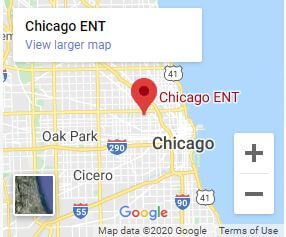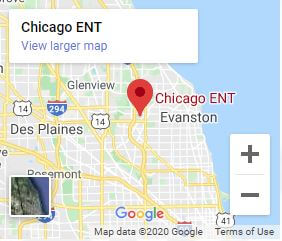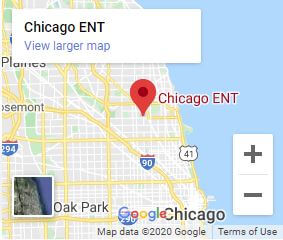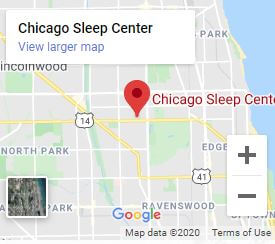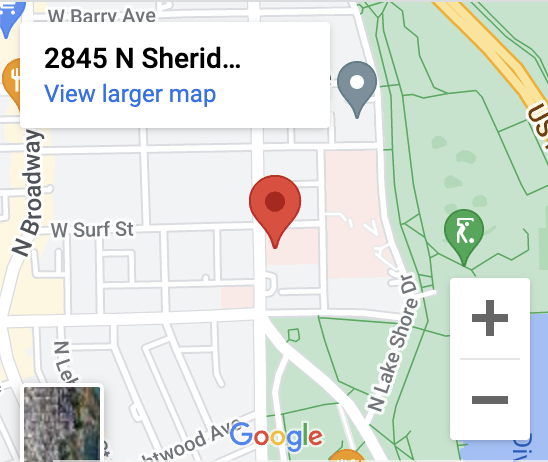Do you wake up in the middle of the night gasping or briefly struggling to breathe? Does your partner frequently complain that you snore?
These are some signs of a sleep disorder called sleep apnea. Sleep apnea occurs when the upper airway muscles in the throat relax as you sleep, restricting airflow.
Not getting enough air while sleeping causes your breathing to stop for 10 seconds or longer. This can happen hundreds of times a night for people with sleep apnea.
The lack of oxygen due to sleep apnea forces you to wake up each time so you can start breathing again. Most people with sleep apnea aren’t even aware it’s happening.
Keep reading to learn more about sleep apnea and how to treat it after being diagnosed with the sleep disorder.
Types of Sleep Apnea
There are three types of sleep apnea:
Obstructive Sleep Apnea (OSA)
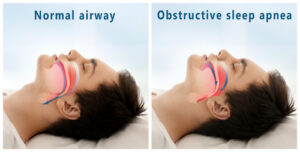
Obstructive sleep apnea (OSA) is the most common type. It happens when the muscles supporting the soft tissues in the airway relax excessively during sleep.
When these soft tissues relax, it blocks air flowing in and out of your nose and mouth. Often, this causes loud snoring in addition to interrupted breathing.
Central Sleep Apnea
Central sleep apnea is a rarer form of sleep apnea. It occurs when your brain temporarily fails to signal the muscles responsible for breathing. People with central sleep apnea rarely snore. More often than not, they usually have an underlying health condition like heart failure or stroke.
Mixed or Complex Sleep Apnea
Mixed or complex sleep apnea is a combination of obstructive and central sleep apnea. With this form of sleep apnea, patients start with central apnea, which changes to obstructive apnea.
What are the Signs of Sleep Apnea?

Loud snoring followed by choking or gasping for air is a common sign of apnea. You may not realize if you’re snoring, but your partner will most likely notice. Other telltale signs of sleep apnea include:
- Daytime fatigue and sleepiness
- Anxiety
- Depression
- Irritability
- Moodiness
- Headaches in the morning
- Waking up with a sore throat or dry mouth
- Poor concentration
- Forgetfulness
- Restless sleep or insomnia
- Reduced sex drive
- Going to the bathroom regularly at night
Effects of Untreated Sleep Apnea

Sleep deprivation due to sleep apnea can lead to serious health problems like high blood pressure, atrial fibrillation, stroke, and heart disease. Sleep apnea can also increase your risk for metabolic syndrome, Type 2 diabetes, and liver problems.
In the long run, having sleep apnea also affects your personal relationships and career and lowers your quality of life. It’s vital to seek treatment without delay if you or your partner suspect you have sleep apnea.
Treatment for Sleep Apnea
There are different treatment options for sleep apnea, including:
Lifestyle Changes

If you have a mild case of sleep apnea, lifestyle changes can help treat the condition. Many patients find that making small lifestyle changes with prescribed medication can improve sleep quality while reducing sleep apnea episodes.
Your ENT specialist at Chicago ENT may recommend the following lifestyle changes:
- Exercise frequently
- Quit smoking if you’re a smoker
- Sleep on your side
- Lose weight if you’re overweight
- Avoid sedatives like anti-anxiety meds and alcohol before going to bed
- Don’t eat heavy meals or drink caffeine two hours before sleeping
CPAP Therapy
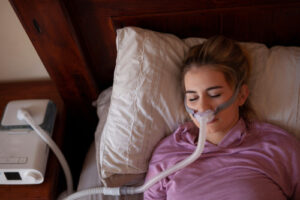
In addition to lifestyle changes, your ENT specialist may recommend continuous positive airflow pressure or CPAP therapy. CPAP therapy is usually the first line of treatment for sleep apnea and is highly effective.
A CPAP device is used for mild to severe apnea to keep your airway open while asleep. The machine comes with an airtight mask, nosepiece, and hose that provide a constant stream of air during sleep.
Humidified air from a CPAP device creates pressure that keeps your airway open, preventing any pauses in breathing.
BPAP Therapy
If you have difficulty sleeping with a CPAP machine or have central sleep apnea, your ENT specialist may recommend trying a bi-level positive airway pressure or BPAP device. The machine adjusts itself automatically as you sleep, delivering less pressure when you exhale and more when you inhale.
Oral Appliance Therapy
Custom-made oral appliances may be more comfortable for patients who find tolerating CPAP devices difficult. Oral appliance therapy (OAT) is often used as an alternative treatment for those that struggle using CPAP machines.
Most oral appliances fit over your teeth. The device can move your lower jaw or tongue forward and open your airway in this position.
Because there are many oral appliances available, you may need to try out several to find the one that works best for you. Also, you’ll need to visit your dentist frequently.
Your dentist will monitor any issues and occasionally have your mouthpiece adjusted. Your dentist and ENT specialist at Chicago ENT will work together to ensure the best treatment using oral appliances.
Inspire
The only FDA-approved treatment for obstructive sleep apnea, Inspire is a tiny device that works inside your body. Inspire is implanted in a same-day procedure.
It stimulates the nerves that control vital airway muscles, keeping your airway open. Once you’re in bed, all you need to do is turn the device on to breathe normally and have a restful sleep.
Surgical Procedures
If other sleep apnea treatment options aren’t successful, you may require surgery to enlarge your airway and treat sleep apnea. Depending on the cause of your sleep apnea, your ENT surgeon may:
- Fix a deviated septum
- Place rods into your soft palate
- Reconstruct your upper or lower jaw to increase the size of your airway
- Remove adenoids, nasal polyps, tonsils, and extra tissue at the back of your throat that are likely to collapse
Regain Control of Your Sleep and Life
Sleep apnea can cause severe complications without treatment. If you’re experiencing sleep apnea signs, the specialists at Chicago ENT can accurately diagnose your condition and help get it under control.
Do you or your partner think you have sleep apnea? Schedule your appointment at Chicago ENT at one of our five convenient locations now!





